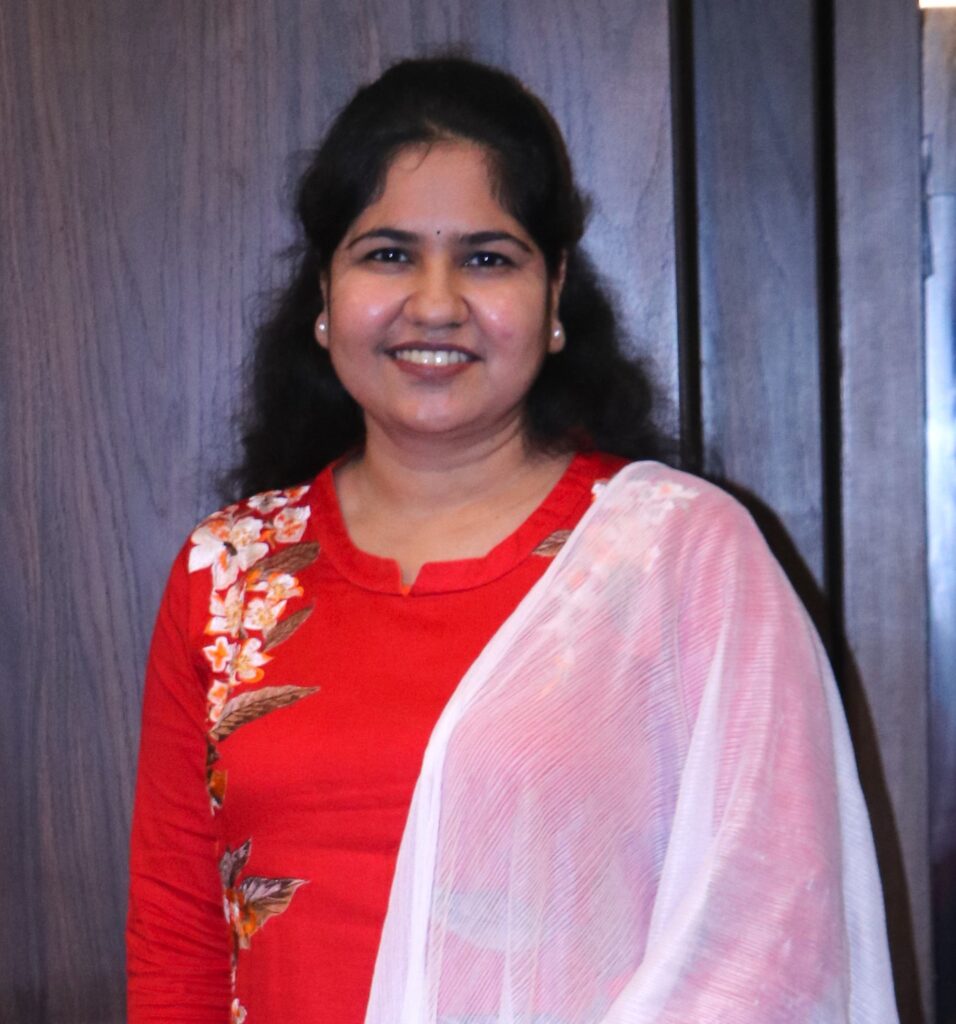
As I sit at my desk, travelling through my memories of past quarter, I am reminded of a truth: while we sit in our offices discussing rainfall data, groundwater depletion, and aquifer recharge rates, these critical conversations are not reaching the people who depend on this land much more. It strikes me how differently we discuss issues compared to rural communities. At the policy level, we talk about watershed boundaries, aquifer connectivity, and water scarcity—complex systems and projections that show us a clear picture of a looming crisis. Yet, in the villages where this impact will be most felt, conversations remain rooted in the immediate: “Will we have enough water this season?”
The gap between these conversations is one of the biggest barriers to sustainable change. Once groundwater is contaminated, it cannot be cleaned, but this is not widely understood. In many places, water extraction exceeds recharge, causing groundwater levels to drop to dangerous levels. The water you save today will determine your yield tomorrow—this should be a conversation happening in every village. Yet, most farmers are not discussing how aquifers work or how regions far apart are interconnected or how extraction is way too much higher than the recharge.
It’s not that rural communities don’t care. The challenge is that we, as facilitators of change, must speak in ways that connect science with lived experience. If a farmer understands that over-extraction today will mean no water tomorrow, it brings real change. These technical discussions need to become real, human conversations that people can relate to. It’s about shifting the narrative to include not just data but also stories of land and water, people and future generations. While communicating we also need to keep in mind that the solutions suggested should not have a drastic negative impact on their livelihoods.
Real change happens when we talk at the same level everywhere—from village meetings to policy discussions—ensuring that everyone understands the urgency of conservation & restoration. Real change will only come when people on the ground understand the issues and feel empowered to act. This requires not just education, but a shift in how we communicate and engage. I hope with my upcoming efforts I will ensure these conversations happen in every home, field, and village, not just in our offices. Our collective future depends on it. The Global level impact we seek to achieve, depends on it.
Manisha Motwani
Project Coordinator